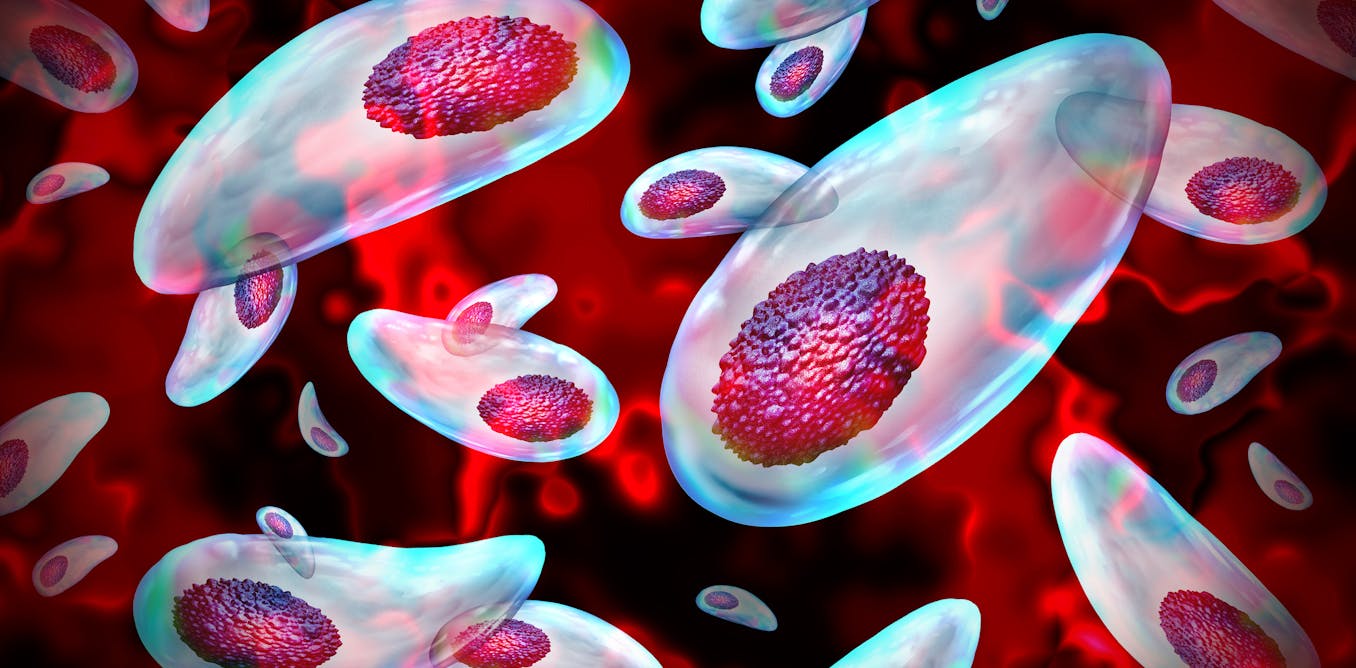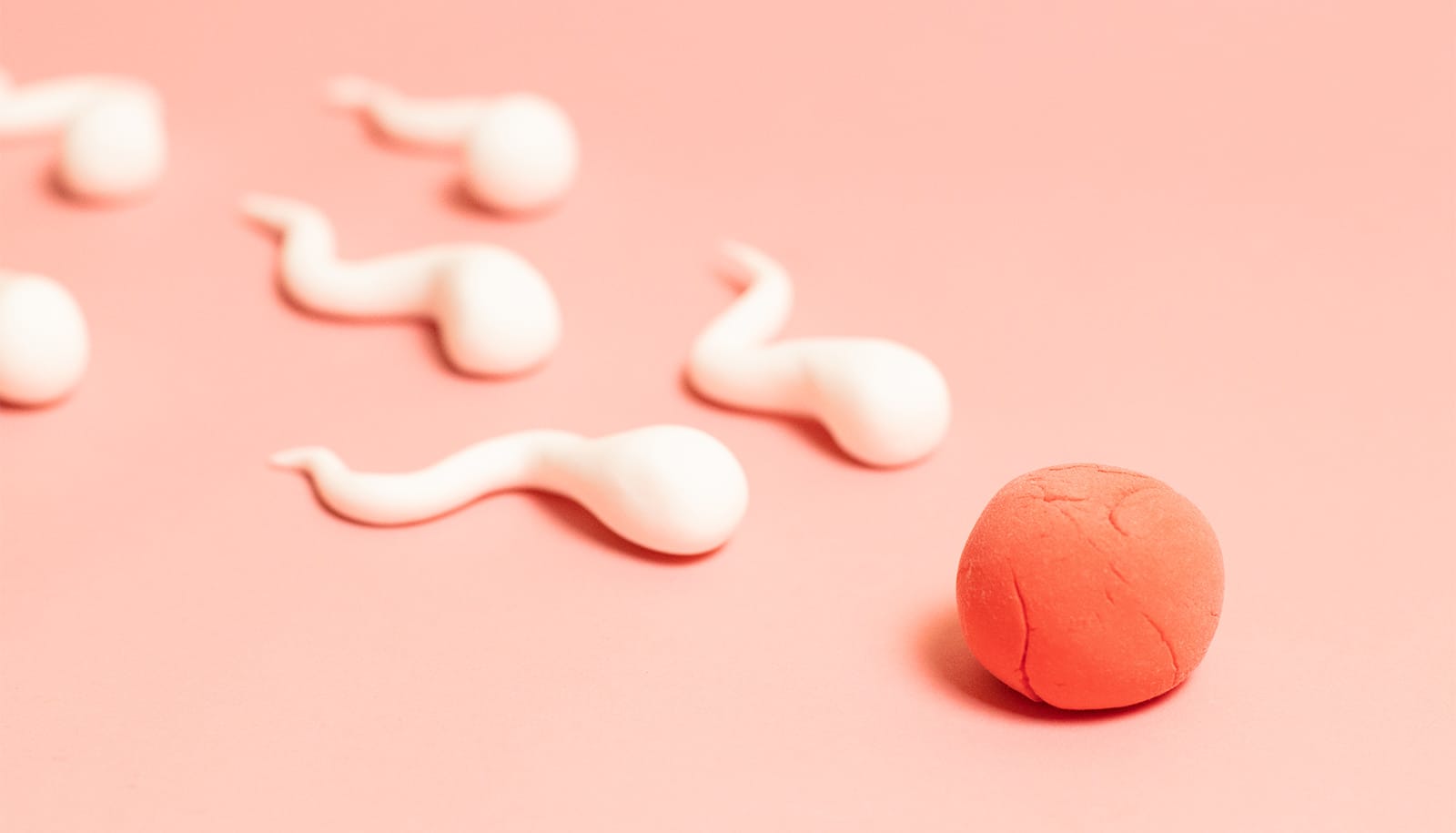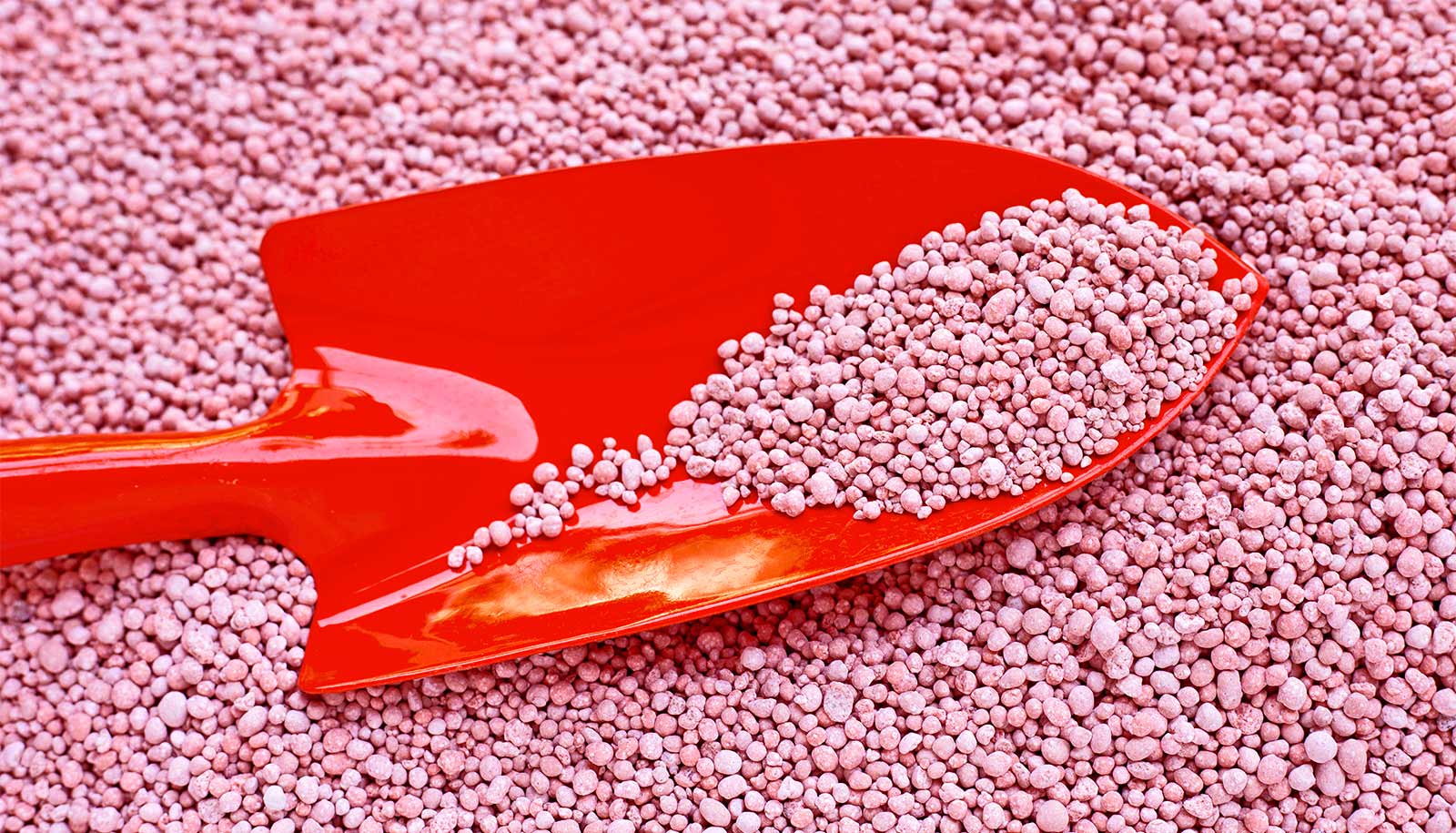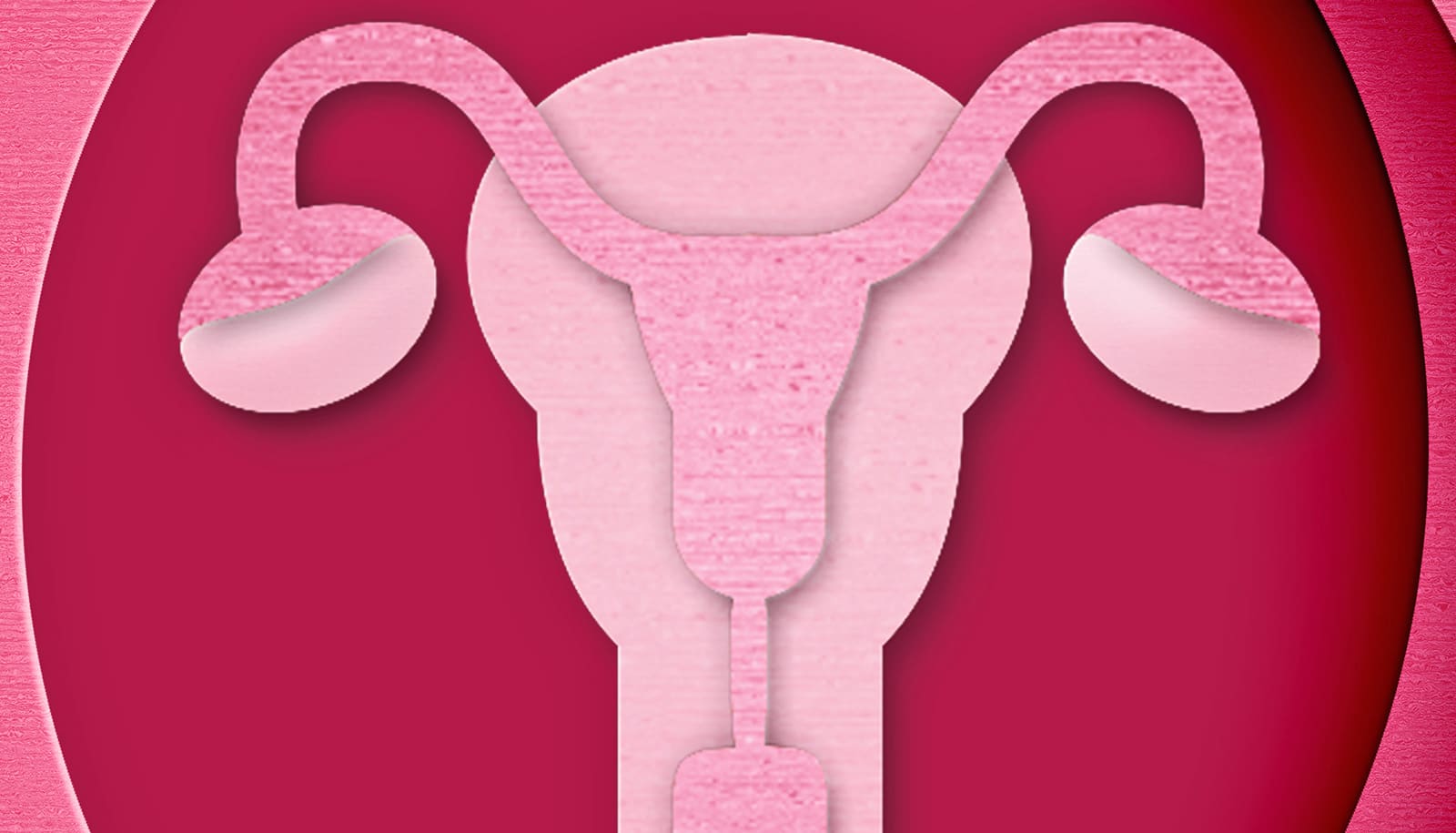If people stopped having babies, how long would it be before humans were all gone?
Even though there are 8 billion people on Earth today, a catastrophe could send that number much lower within a few decades.
Michael A. Little, Distinguished Professor Emeritus of Anthropology, Binghamton University, State University of New York •
conversation
June 9, 2025 • ~8 min
June 9, 2025 • ~8 min
A common parasite can decapitate human sperm − with implications for male fertility
If you’ve handled cat litter or eaten raw meat or unwashed produce, there’s a chance you might have a permanent toxoplasmosis infection spread throughout your body.
Bill Sullivan, Professor of Microbiology and Immunology, Indiana University •
conversation
May 28, 2025 • ~9 min
May 28, 2025 • ~9 min
25 years of Everglades restoration has improved drinking water for millions in Florida, but a new risk is rising
Changes to the landscape and pollution have harmed this vital ecosystem known as the ‘river of grass.’
John Kominoski, Professor of Biological Sciences, Florida International University •
conversation
April 15, 2025 • ~10 min
April 15, 2025 • ~10 min
Untreated sewage and fertilizer runoff threaten the Florida manatee’s main food source, contributing to malnutrition
Manatees along Florida’s coast are eating less seagrass and more algae than they did a few decades ago. This dietary shift could pose a new threat to the survival of the beloved species.
Aarin-Conrad Allen, Ph.D. Candidate in Marine Sciences, Florida International University •
conversation
Nov. 14, 2024 • ~9 min
Nov. 14, 2024 • ~9 min
Food has a climate problem: Nitrous oxide emissions are accelerating with growing demand for fertilizer and meat – but there are solutions
The most comprehensive assessment yet of a powerful greenhouse gas shows which countries are driving the increase, and which ones are successfully cutting emissions.
Rona Louise Thompson, Senior Scientist, Norwegian Institute for Air Research •
conversation
June 11, 2024 • ~10 min
June 11, 2024 • ~10 min
/
10










